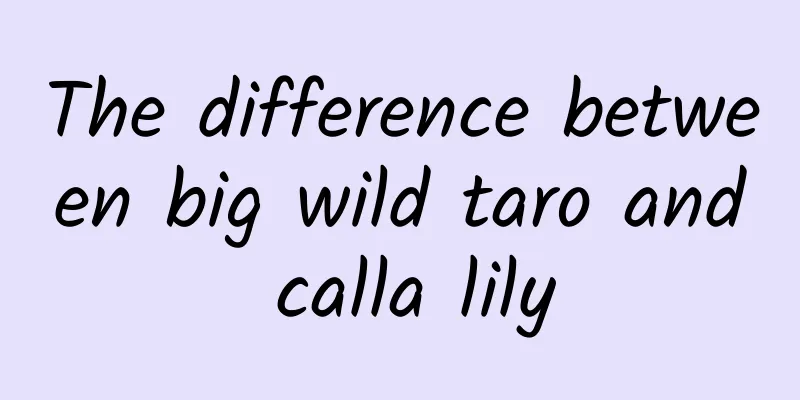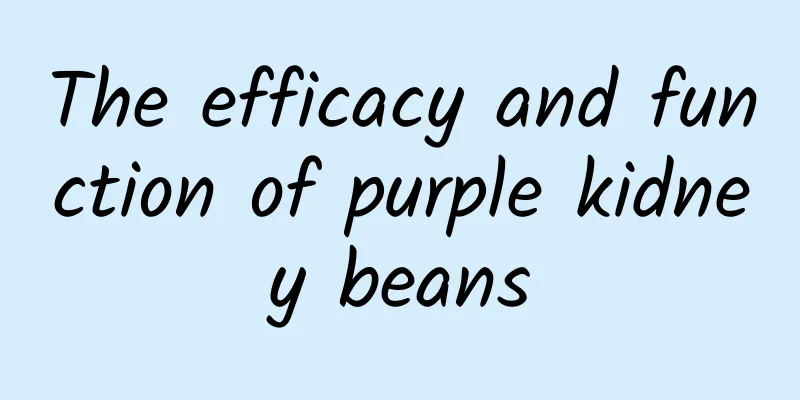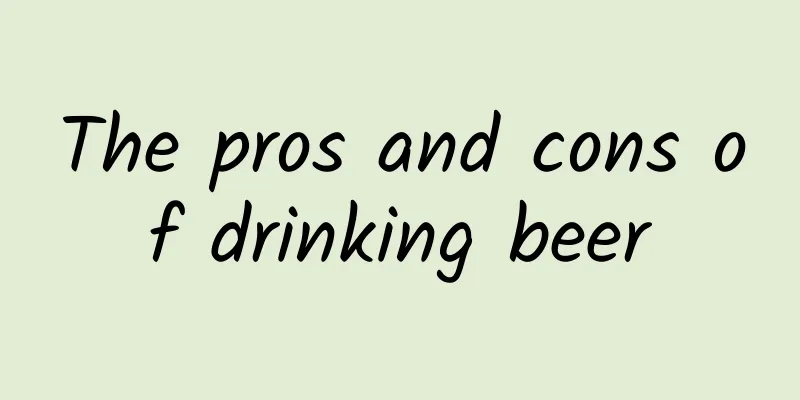What is the Nordic Council like? Nordic Council reviews and website information

|
What is the Nordic Council website? The Nordic Council (Nordisk Råd) is an intergovernmental organization of Nordic countries. It was established in 1952. The secretariat is located in Copenhagen, Denmark. The working languages include Danish, Norwegian and Swedish. The council members include Denmark, Finland, Iceland, Norway and Sweden. Website: www.norden.org The Nordic Council (Nordisk Råd) is an intergovernmental organization of Nordic countries established in 1952, with its secretariat located in Copenhagen, Denmark. As an important regional organization, the Nordic Council is committed to promoting cooperation and exchanges among Nordic countries and promoting common development in various fields such as economy, society and culture. The working languages of the Nordic Council include Danish, Norwegian and Swedish, and its members include Denmark, Finland, Iceland, Norway and Sweden. Its official website is www.norden.org, which provides the public with a wealth of resources and information. Background of the Nordic CouncilThe establishment of the Nordic Council can be traced back to the mid-20th century. At that time, after experiencing the Second World War, the Nordic countries realized the importance of strengthening regional cooperation. Denmark, Finland, Iceland, Norway and Sweden hoped to promote cooperation among each other by establishing a formal organization to jointly cope with challenges such as post-war reconstruction, economic development and social stability. In 1952, the Nordic Council was formally established and became a bridge and platform for cooperation among Nordic countries. The establishment of the Nordic Council is not only a symbol of cooperation among Nordic countries, but also an important way for the Nordic region to exert its influence on the international stage. Through the Nordic Council, Nordic countries can make a common voice in international affairs and enhance the region's overall international status. Nordic Council structureThe organizational structure of the Nordic Council includes the Council, the Secretariat and various specialized committees. The Council is the highest decision-making body of the Nordic Council and is composed of parliamentary representatives from various countries. Every year, the Council holds an annual meeting to discuss and decide on important policies and issues. The Secretariat is responsible for the management and execution of daily affairs to ensure that the decisions of the Council can be effectively implemented. In addition, the Nordic Council has several specialized committees responsible for cooperation and exchanges in different fields. For example, the Economic Committee is responsible for the coordination of economic policies, the Social Committee focuses on social welfare and public health issues, and the Cultural Committee is committed to promoting the dissemination and exchange of Nordic culture. The main functions of the Nordic CouncilThe main functions of the Nordic Council include the following:
Nordic Council collaboration resultsSince its establishment, the Nordic Council has achieved remarkable results in many areas. The following are some of the notable results of the cooperation:
The future direction of the Nordic CouncilLooking ahead, the Nordic Council will continue to promote cooperation and exchange among Nordic countries, especially in the following areas:
Official website of the Nordic CouncilThe official website of the Nordic Council (www.norden.org) provides the public with a wealth of resources and information. Through this website, users can learn about the latest developments, policy documents, research results, etc. of the Nordic Council. In addition, the website also provides multilingual versions to facilitate users of different languages to obtain information. The Nordic Council's official website is not only a platform for information release, but also an important channel for the public to participate in Nordic affairs. Through the website, the public can participate in online discussions, submit suggestions, apply for funding, etc., further enhancing the transparency and public participation of the Nordic Council. Nordic Council cooperation with ChinaThe Nordic Council has cooperated with China in many fields, especially in environmental protection, scientific and technological innovation, cultural exchange, etc. For example, the Nordic Council cooperates with the Chinese government to promote green economy and technological innovation, especially in the fields of renewable energy, energy conservation and emission reduction. In addition, the Nordic Council has also carried out a number of cultural exchange projects with China, promoting mutual understanding and recognition between Chinese and European cultures. The cooperation between the Nordic Council and China not only helps promote the common development of the two sides in the fields of economy, science and technology, culture, etc., but also provides important support for global governance and sustainable development. In the future, the Nordic Council will continue to deepen cooperation with China, jointly respond to global challenges, and promote the building of a community with a shared future for mankind. Challenges and opportunities for the Nordic CouncilAlthough the Nordic Council has achieved remarkable results in promoting cooperation among Nordic countries, it also faces some challenges. For example, there are certain differences between Nordic countries in terms of economy, society, culture, etc. How to find common ground among these differences is a problem that the Nordic Council needs to solve. In addition, globalization and technological changes have also brought new challenges to the Nordic Council, especially in responding to global challenges and promoting digital transformation. However, these challenges also bring new opportunities for the Nordic Council. By strengthening international cooperation, promoting innovation and enhancing social inclusion, the Nordic Council can play a greater role on the global stage and make greater contributions to sustainable development in the Nordic countries and around the world. ConclusionAs an important regional organization, the Nordic Council has made important contributions to cooperation and exchanges among Nordic countries over the past few decades. By promoting cooperation in various fields such as economy, society and culture, the Nordic Council has not only enhanced the overall competitiveness of Nordic countries, but also provided important support for global governance and sustainable development. Looking ahead, the Nordic Council will continue to promote cooperation among Nordic countries, especially in the fields of digital development, sustainable development, social inclusion, etc., and make greater contributions to the sustainable development of Nordic countries and the world. |
<<: What is Patrick Mirandah like? Patrick Mirandah reviews and website information
>>: What is "District of Violence" like? "District of Violence" review and website information
Recommend
How to make watermelon juice? Steps to make watermelon juice
I heard that drinking watermelon juice regularly ...
What are cherries and what are the benefits of eating cherries
Many people have heard of cherries, but don’t kno...
What is Frito-Lay like? Frito-Lay reviews and website information
What is Frito-Lay? Frito-Lay is an American food c...
The efficacy and side effects of basil
Basil is the most commonly used spice in Western ...
How to make wolfberry mulberry porridge
Does everyone know how to make wolfberry mulberry...
What are the benefits of eating chestnuts? What are the benefits of eating chestnuts?
Chestnut is a common nut food in life. It can be ...
What to eat for skin allergies? Foods suitable for skin allergies
In daily life, people often have skin allergies, ...
Yogurt Watermelon Refresher Ingredients and Preparation
After you eat greasy food, you might as well drin...
What is the U.S. Customs and Border Protection like? U.S. Customs and Border Protection reviews and website information
What is the website of the U.S. Customs and Border...
The efficacy and function of soybean paste
Have you ever eaten soybean paste? It is the most...
What fruits can replenish water in winter?
Winter is cold and dry, so the human body needs t...
How to pickle osmanthus? Tutorial on how to pickle osmanthus
When osmanthus flowers are in full bloom, people ...
How is the University of Science Malaysia? Reviews and website information of the University of Science Malaysia
What is the website of Universiti Sains Malaysia? ...
How to make butter mushrooms How to make butter mushrooms delicious
Oyster mushroom is a food with high nutritional v...
What is the shelf life of white wine?
White wine is a very common type of wine and is a...









